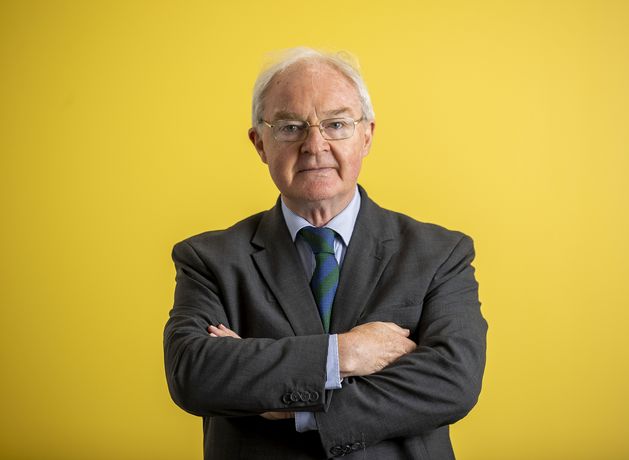The Independent Commission for Reconciliation and Information Recovery (ICRIR) said it is currently probing 24 cases and has also accepted a request for an investigation from the Secretary of State.
In a statement, ICRIR chief executive Louise Warde Hunter said the new year “marks the next important chapter of the commission’s work with the first of its reports likely to be published in the autumn”.
She said the commissioner’s second annual workplan, setting out areas of focus and ambitions for 2025-26, marks “significant progress made so far”.
“We are committed to getting the unvarnished truth for victims, survivors and families. That remains our unwavering focus for this year and beyond,” she said.
The ICRIR was created by the Conservative government’s controversial Legacy Act which halted scores of civil cases and inquests into Troubles deaths.
Bereaved families, victims and certain public authorities can instead request the ICRIR carry out an investigation.
While Labour has committed to repealing the Act and has said legacy inquests will resume, it is continuing with the ICRIR.
While the ICRIR does not appear to have won the confidence of many victims’ groups, it said that as of December 9 2024, some 120 people have come forward and started an investigation with the commission in the hope of finding the answers they seek.
They said of those 24 have moved into the information recovery stage of the process and the commission has accepted a request for an investigation from the Secretary of State.
Ms Warde Hunter said: “We are pursuing our investigations and will be publishing our first findings reports in the autumn. We know that answers, often long sought, cannot be rushed.
“We will continue to demonstrate care and diligence in how we deliver for those who have come to the commission.”
ICRIR chief commissioner Sir Declan Morgan said it values open, honest and respectful dialogue with victims, survivors and wider stakeholders.
“We have designed our TRIM (trauma and resiliency informed model) approach to address the needs of people as we work with them through this process,” he said.
“Their needs are uppermost in our minds as we take the work of the commission forward into next year.
“We value open, honest and respectful dialogue with victims, survivors and families and wider stakeholders.
“Reconciliation can only be achieved in our community if we tell the unvarnished truth about what happened during the Troubles/Conflict.”
